Did you know that by 2040, half of all homes in advanced economies could be powered by eco-friendly heating systems? With increasingly generous government incentives and a global push for clean air, there’s never been a better (or more urgent) time to upgrade your home’s heating system. If you’re searching for ways to save money, boost energy efficiency, and help the environment, this guide will arm you with actionable steps for navigating North America’s ever-evolving landscape of grants for heat pumps, electric heat, and the transition away from outdated gas appliances.
Why Eco-Friendly Heating Systems are Reshaping North America’s Approach to Clean Air and Energy Efficiency
Eco-friendly heating systems aren’t just a technological trend—they’re a revolution in how North America addresses clean air, energy efficiency, and the climate crisis. Regions from Los Angeles to the broader South Coast are increasingly restricting nitrogen oxide emissions from natural gas appliances, signaling a seismic shift in residential and commercial heating. As households and businesses replace traditional gas appliances with electric heat and advanced heat pumps, they not only cut down on energy consumption but also dramatically reduce their environmental impact.
This transformation is both environmental and economic. The up-front cost of heat pumps was once a hurdle, but new government grants and energy efficiency initiatives are bridging the affordability gap, offering direct rebates and federal tax credits. The result? Reduced household emissions, better indoor air quality, and the potential to meet ambitious clean air mandates. With targeted clean energy programs emerging across North America, switching to modern, efficient heating systems is becoming accessible to millions—accelerating the decline of outdated gas appliances and supporting a healthier future.

According to the International Energy Agency, 50% of homes in advanced economies could adopt eco-friendly heating systems by 2040—transforming clean air standards in North America.
The Environmental and Economic Imperative for Adopting Eco-Friendly Heating Systems
- Stark reduction in carbon emissions
- Immediate savings on energy bills
- Support for national clean energy targets
What You Will Learn About Government Support for Eco-Friendly Heating Systems
- Types of grants, rebates, and incentives available
- How eco-friendly systems like heat pumps and electric heat qualify
- Opinion-based insights on overcoming qualification hurdles
- Regional nuances for North America and the impact on gas appliances
Overview of Government Grants and Incentives for Eco-Friendly Heating Systems: Current State in North America
Across North America, the momentum behind eco-friendly heating systems is fueled by a patchwork of grants, rebates, and federal incentives. In the United States, the Clean Energy Tax Credit provides a significant financial boost to homeowners installing qualifying heat pumps and electric heat systems, while many Canadian provinces offer parallel incentives. Provincial and state energy efficiency rebate programs focus on making heat pumps the primary energy solution in homes, with additional support through regional Clean Air Grants for switching from gas appliances to clean energy alternatives.
The incentives don’t stop at the federal level. Many states and regions, such as California’s South Coast Air District, run supplemental initiatives to replace high-emission gas appliances and heaters and furnaces with cutting-edge electric heat and heat pump systems. These programs recognize the urgent need to improve air quality, reduce nitrogen oxide emissions, and help households manage up-front costs associated with transitioning traditional hvac systems to cleaner options.
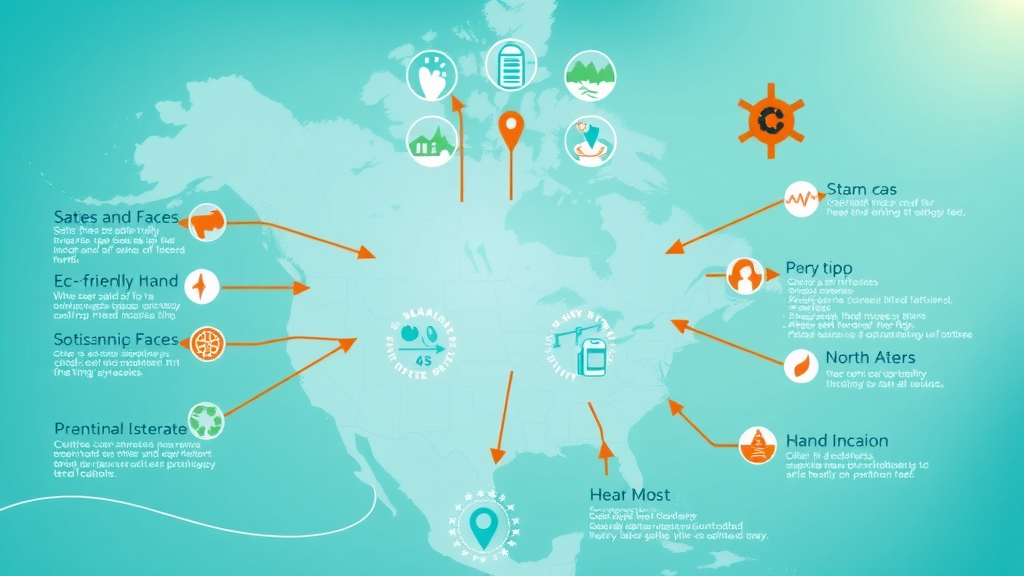
Federal and State-Level Programs for Heat Pumps and Clean Energy
- Federal tax credits for eco-friendly heating systems
- State and provincial rebate programs
- Targeted initiatives for heat pump adoption
| Program | Region | Incentive Type | Eligible System |
|---|---|---|---|
| Clean Energy Tax Credit | US/Canada | Tax Credit | Heat Pump, Electric Heat |
| Energy Efficiency Rebate | State/Provincial | Direct Rebate | Heat Pumps |
| Clean Air Grant | Regional | Cash Grant | Electric Heat, Heat Pumps |
Heat Pump Incentives: Eligibility, Application, and Opinion on Real-World Value
Heat pumps have emerged as a front-runner among eco-friendly heating systems, with incentives often reflecting both their superior energy efficiency and their positive impact on clean air. Yet, understanding the requirements and navigating bureaucracy remains daunting for many homeowners. Fortunately, by meeting certain criteria—such as energy efficiency (SEER/Energy Star) ratings and certified installation—most households in North America can access rebates that significantly offset upfront costs. Beyond federal tax credits, states and provinces support heat pump adoption with both lump-sum rebates and phased incentive programs, making the transition feasible for a broad range of income levels.
But, how does the process actually work, and what real-world value do these incentives offer? While the initial investment for heat pumps or electric heat is higher than sticking with gas appliances, the reduced annual energy consumption and lower operating costs, combined with clean air and improved indoor air quality, present a compelling case. The question remains: are these incentives enough to spur mass adoption, especially among middle and modest-income families?
Key Eligibility Criteria for Heat Pump and Electric Heat Incentives
- Minimum SEER/Energy Star ratings
- Replacement of gas appliances or fuel conversions
- Documentation and installer requirements
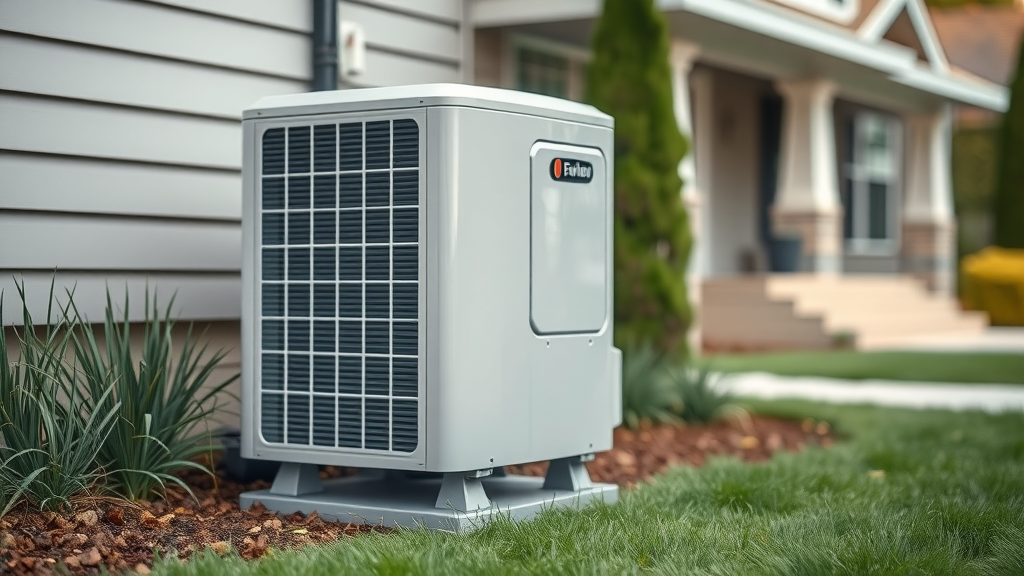
The Application Process: Navigating Bureaucracy for Eco-Friendly Heating Systems
- Research eligible programs in your area
- Obtain pre-approval or quotes
- Submit application forms with required documentation
- Schedule installation by certified technician
- File for final inspection and rebate collection
This roadmap simplifies what can otherwise be a confusing application journey. First, identifying reputable grant programs is crucial—some are updated annually and may have limited funding windows. Second, enlisting an experienced installer not only ensures compliance with local energy efficiency standards but streamlines the paperwork. Third, meticulous documentation, from quotes to installation receipts, safeguards your eligibility and speeds up grant disbursement. Many organizations, such as municipal clean energy offices, even offer personalized support for applicants, helping overcome hurdles around replacing gas appliances and old heating systems.
Opinion: Are Current Heat Pump Incentives Enough for Mass Adoption of Eco-Friendly Heating Systems?
"While the incentives for heat pumps are a considerable step forward, the qualifying criteria sometimes discourage modest-income households from upgrading their gas appliances to cleaner options."
Despite progress, there are barriers. Upfront costs for heat pumps remain out of reach for some, even after rebates. Worse, the complexity of the application process can exacerbate disparities, especially in communities unfamiliar with government grants. To foster widespread adoption, it’s crucial for federal and regional agencies to streamline paperwork, raise awareness, and expand support for renters and low-income homeowners—groups that stand to benefit most from improved clean air and energy efficiency.
Replacing Gas Appliances: Incentives for Transitioning to Clean Energy Solutions
The transition from traditional gas appliances to eco-friendly heating systems is a cornerstone of clean energy policy in North America. Cities across the continent, from the South Coast District to bustling urban centers, now offer specialized grants and rebates for converting from natural gas to electric heat or heat pump systems. These programs target everything from water heaters and furnaces to entire HVAC systems, with added grants available for removing outdated units and complying with clean air mandates.
This shift is not just regulatory; it’s practical. Households embracing gas appliance replacement programs experience cleaner indoor air, immediate energy savings, and often a noticeable improvement in their home’s environmental footprint. The incentives, typically ranging from cash grants to direct rebates, are calculated to offset upfront costs and ease the burden of major energy solution upgrades. Clean air, energy efficiency, and reduced emissions together make a powerful argument to act now—before stricter emissions standards make older gas appliances obsolete.
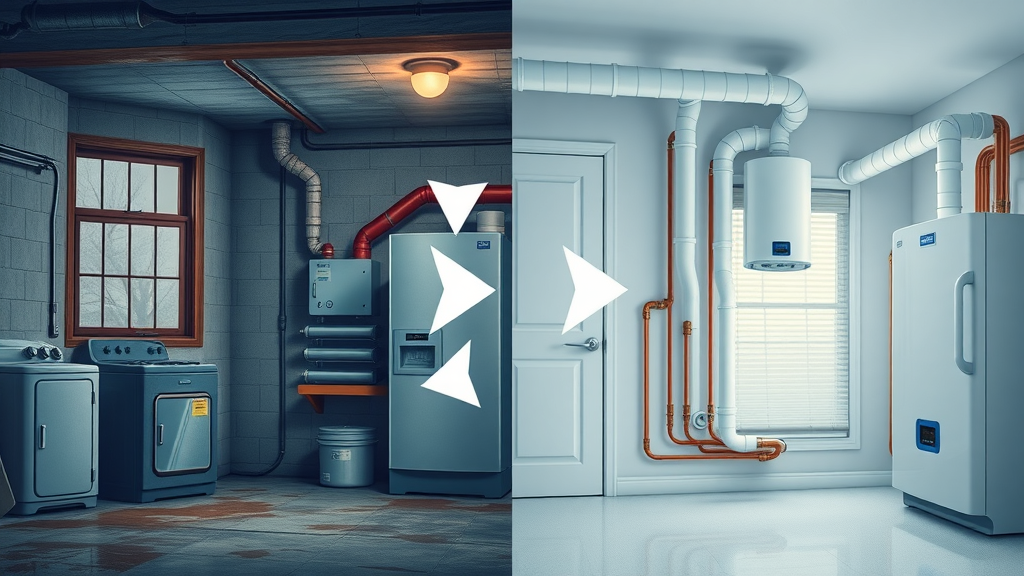
Overview of Gas Appliance Replacement Programs
- Specialized grants for gas to electric heat conversions
- Local incentives for removing old gas appliances
- Clean air mandates driving the push away from gas appliances
Case Study: Households in North America Switching from Gas Appliances to Heat Pumps
"When our family received a $4,000 rebate for replacing our gas appliances with a high-efficiency heat pump, the air in our home felt noticeably cleaner within weeks."
Stories like this underline how policy, technology, and practical incentives combine to drive real-world change. In these homes, energy bills have dropped, the risk of indoor air pollutants from nitrogen oxides has diminished, and the resale value of the property has risen—a trifecta of benefits that extend well beyond the size of an incentive check.
Electric Heat and Heat Pumps: Comparing Incentives and Energy Efficiency
It’s essential to weigh the relative pros and cons of electric heat versus heat pumps against the fading legacy of gas appliances. While heat pumps generally command the highest rebates and yield the biggest annual savings, electric heat systems still offer moderate energy efficiency and clean air improvements at a lower initial cost. Existing gas appliances, by contrast, often come with no financial incentives for continuation, and may even carry hidden costs related to environmental compliance in coming years.
| System | Upfront Cost | Typical Rebate | Annual Savings | Clean Air Impact |
|---|---|---|---|---|
| Heat Pump | $10,000 | $3,000 | $500 | High |
| Electric Heat | $6,000 | $1,200 | $250 | Moderate |
| Gas Appliance (existing) | N/A | $0 | Negative | Low |
For homeowners aiming to maximize both grant value and future savings, the decision increasingly centers on installing a high-efficiency heat pump. This choice not only aligns with clean air and energy efficiency goals but also offers the greatest long-term ROI—an essential consideration as regulatory pressures on gas appliances continue to mount across North America.
The Role of Energy Efficiency Standards in Qualifying for Eco-Friendly Heating System Incentives
Energy efficiency isn’t simply a buzzword for clean energy policy—it’s a qualifying standard that determines the size and scope of your incentive. Heat pumps and electric heat systems boasting Energy Star or high SEER ratings are eligible for larger grants and rebates, reflecting their superior performance and environmental impact. Across North America, policies differ, but the universal rule is clear: the higher the energy efficiency of your new heating system, the more you stand to receive in financial support.
How Energy Efficiency Ratings Influence Incentive Amounts
- Higher efficiency means larger grants
- Specific requirements for heat pumps and electric heat
- Policies vary across North America
Clean Air Benefits and Long-Term ROI of Eco-Friendly Heating Systems
The adoption of eco-friendly heating systems goes beyond immediate financial gain—it’s an investment in the health of your family and community. Switching from gas appliances to heat pumps or electric heat leads to drastically reduced household emissions and clearer indoor and outdoor air. Improved air quality is directly tied to better health outcomes, especially in cities grappling with nitrogen oxide pollution from heaters and furnaces.
In addition to clean air benefits, homes featuring advanced energy solutions see property values rise, especially as clean energy communities become more sought after across North America. The return on investment for switching to eco-friendly heating systems is felt just as much in cleaner lungs and healthier neighborhoods as it is in your future bank account.

Environmental and Health Advantages Over Gas Appliances
- Drastically reduced household emissions
- Improved indoor and outdoor air quality
- Increased property value in clean energy communities
Challenges and Limitations: My Opinion on Common Barriers to Qualifying for Eco-Friendly Heating System Grants
No matter how enticing energy efficiency and clean air incentives may be, the path to qualifying for eco-friendly heating system grants is riddled with obstacles for too many North American households. Chief among them is the complexity of government paperwork, constantly shifting eligibility requirements, and poor outreach regarding lesser-known assistance programs. The result? Many families who could benefit most from replacing gas appliances with heat pumps or electric heat never even apply—or abandon the process midway.

Documentation Hurdles and Technical Challenges
- Complex paperwork for government approvals
- Navigating changing eligibility rules
- Limited outreach on lesser-known programs
To fix these systemic hurdles, a more proactive, transparent, and supportive approach is urgently needed. This means clearer government websites, better-trained local advisors, and a genuine commitment to streamlining applications for everyone—especially renters and lower-income households burdened by gas appliance costs and health risks.
Opinion: What Governments Should Do to Broaden Grant Access for Heat Pumps, Electric Heat, and Gas Appliance Replacement
"Grant programs must be more transparent, streamlined, and inclusive—especially for renters and low-income homeowners considering eco-friendly heating systems."
Governments can do more: digitize and pre-fill paperwork, run targeted clean air campaigns, and offer one-stop hotlines to demystify energy solution upgrades. Initiatives that prioritize equity and accessibility will ensure a cleaner—and fairer—energy future for all.
How to Find and Access Eco-Friendly Heating System Grants in Your Area
Finding and securing the right eco-friendly heating system grant can seem overwhelming, but you don’t have to navigate it alone. Start by searching reputable federal, state, and local government websites specializing in energy and clean air solutions. Many also maintain searchable databases where you can filter by region (like Los Angeles or other North American locales), energy efficiency standards, and specific heating system types—including heat pumps and electric heat.
Next, reach out to your local energy office or utility provider; these organizations often have grant specialists ready to offer personalized advice for your household. Don’t overlook your installer or contractor either—industry professionals can help you complete documentation and ensure your system qualifies for the highest-possible incentive. Leverage their expertise to successfully transition from gas appliances to future-proof, clean energy heating and cooling solutions.

Step-by-Step Guide to Discovering Programs for Heat Pumps and Electric Heat
- Search reputable government websites and databases
- Contact local energy offices for personalized advice
- Leverage installer/contractor expertise for paperwork
People Also Ask: Common Questions About Eco-Friendly Heating System Grants
What are the most common eco-friendly heating systems eligible for grants?
- Heat pumps (air-source, ground-source), electric heat systems, and hybrid systems are most frequently incentivized.
How do heat pump incentives compare to those for traditional gas appliances?
- Heat pumps often receive higher rebates, especially when replacing gas appliances, due to superior energy efficiency and clean air benefits.
Are there special grants for replacing gas appliances with clean energy alternatives?
- Many regional and local governments offer targeted grants and rebates for consumers ready to swap gas appliances for heat pumps or electric heat.
Is installation by a certified technician required to qualify for eco-friendly heating system incentives?
- Most programs require installation by certified professionals to ensure safety and compliance with energy efficiency standards.
Key Factors for Qualifying and Maximizing Grants for Eco-Friendly Heating Systems
- Read eligibility checklists carefully
- Prioritize systems with high energy efficiency ratings
- Keep organized records of all correspondence and receipts
Expert Opinions: Is the Shift to Eco-Friendly Heating Systems the Future of North American Energy?
"North America is at a crossroads: accelerate eco-friendly heating systems or continue subsidizing outdated gas appliances. The environmental and economic stakes couldn’t be higher."
Top 5 Tips for Smoother Qualification and Approval for Grants on Eco-Friendly Heating Systems
- Start your application early—funding is often first come, first served.
- Choose reputable installers who are familiar with paperwork.
- Track updates on federal and local grant changes.
- Double-check documentation before submitting.
- Consider consulting with energy advisors for tailored advice.
Frequently Asked Questions About Government Incentives for Eco-Friendly Heating Systems
- Are heat pumps really that much more efficient than gas appliances? Yes, heat pumps are typically two to three times more efficient than traditional gas appliances, providing significant energy savings and cleaner air.
- What maintenance is involved with electric heat systems? Electric heat systems require routine servicing, filter changes, and periodic checks much like traditional hvac systems to run efficiently.
- Can I combine multiple grants for bigger savings? In many cases, stacking federal, regional, and utility grants is possible, but always verify compatibility and application restrictions before committing to an install.
- How long does it take to receive rebates? Depending on your region, grant or rebate processing can take from several weeks to a few months after your heating system’s installation and final inspection.
- Do incentives affect my property taxes? Most government incentives have no impact on property taxes; however, improved property values from eco-friendly upgrades may slightly increase assessed values over time.
Video: How to Apply for an Eco-Friendly Heating System Grant in 2024
Watch practical steps for gathering documents, choosing between heat pump and electric heat, and avoiding common grant application mistakes in North America.
Video: Real Households Share Their Success Stories Transitioning from Gas Appliances to Eco-Friendly Heating Systems
- Interviews with grant recipients
- Visuals of heat pump and electric heat installations
- Insight into improved clean air and energy efficiency
Video: Installers Speak: The Best Practices for Eco-Friendly Heating System Applications and Clean Air Compliance
"Certified heat pump installers provide insider advice on maximizing eligibility for energy efficiency grants and clean air mandates."
Final Thoughts: Seizing the Opportunity for Government Grants Towards Eco-Friendly Heating Systems
Embracing Clean Energy: An Informed Path Forward for North America
- The benefits of acting now
- Overcoming the inertia of sticking with gas appliances
- The pivotal role of heat pumps and electric heat in building a cleaner future

Start your journey towards cleaner air and a smarter home by leveraging today’s incentives—before regulations and funding shifts complicate your options.
Need Advice on Eco-Friendly Heating Systems and Grants?
- For expert help or advice from Ed Serrell Plumbing and Heating call 0796 688 4368 , or email info@edsplumbing.co.uk
Sources
- International Energy Agency – https://www.iea.org/reports/heating
- U.S. Department of Energy Savings – https://www.energy.gov/savings
- Natural Resources Canada – https://www.nrcan.gc.ca/energy-efficiency
- U.S. Environmental Protection Agency – https://www.epa.gov/rhc
To further enhance your understanding of government grants and incentives for eco-friendly heating systems, consider exploring the following resources:
-
The article “ Governors, Biden administration push to quadruple efficient heating, AC units by 2030 ” discusses a collaborative effort between 25 U.S. state governors and the Biden administration to increase the adoption of heat pumps in American homes, aiming to reduce greenhouse gas emissions and improve energy efficiency.
-
The piece “ How to Take Advantage of Energy Efficiency Tax Credits This Season ” provides insights into the Inflation Reduction Act’s provisions, including tax credits and rebates for homeowners making energy-efficient upgrades, such as installing heat pumps and other clean energy systems.
These resources offer valuable information on current initiatives and financial incentives available to homeowners seeking to transition to eco-friendly heating solutions.
 Add Row
Add Row  Add
Add 

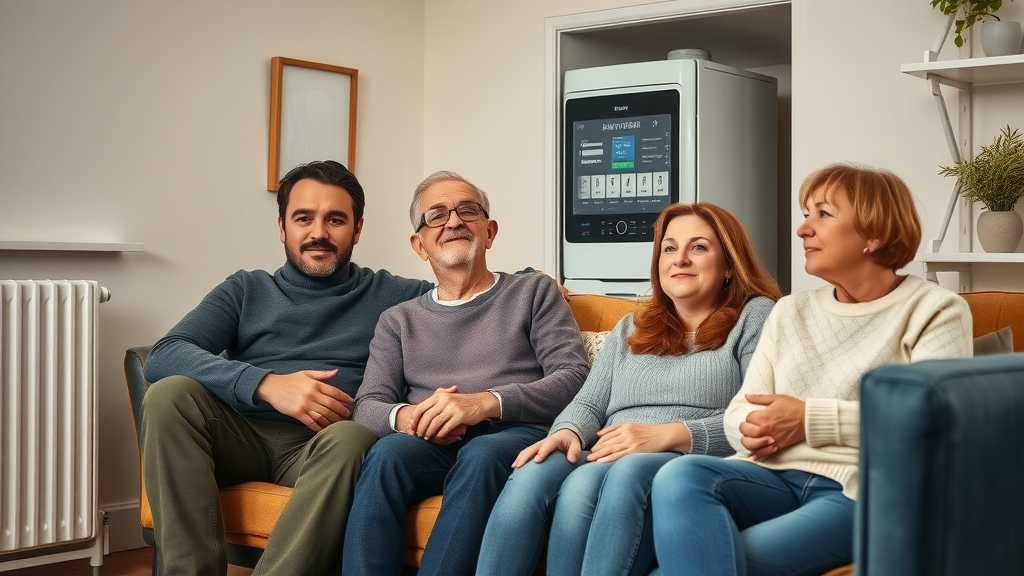
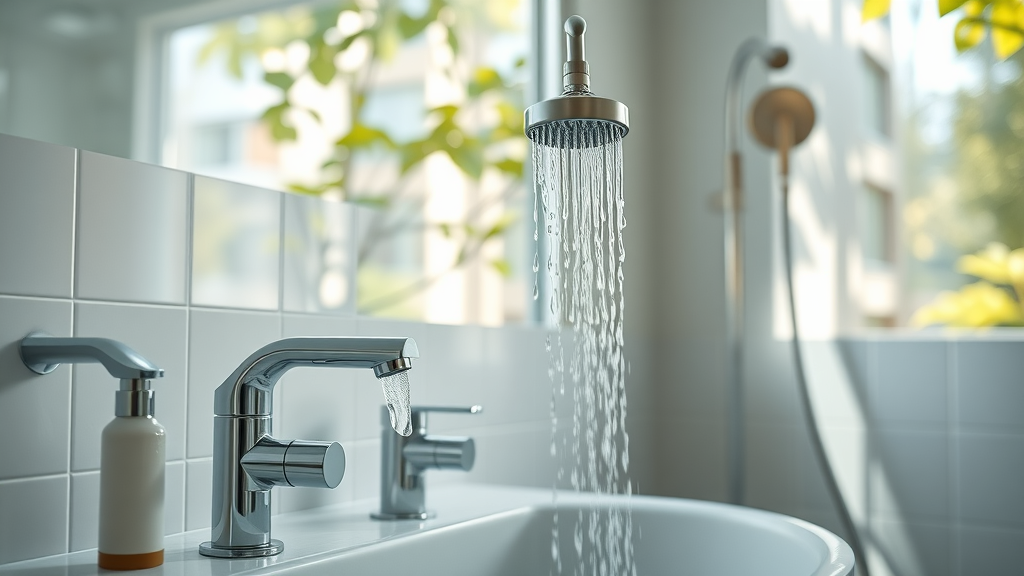

Write A Comment